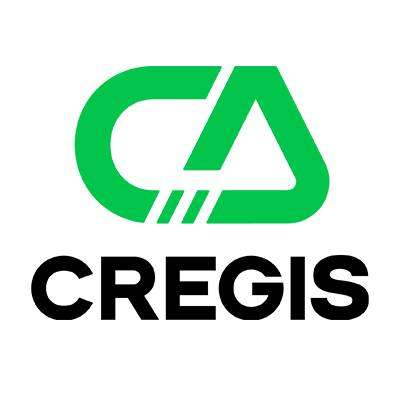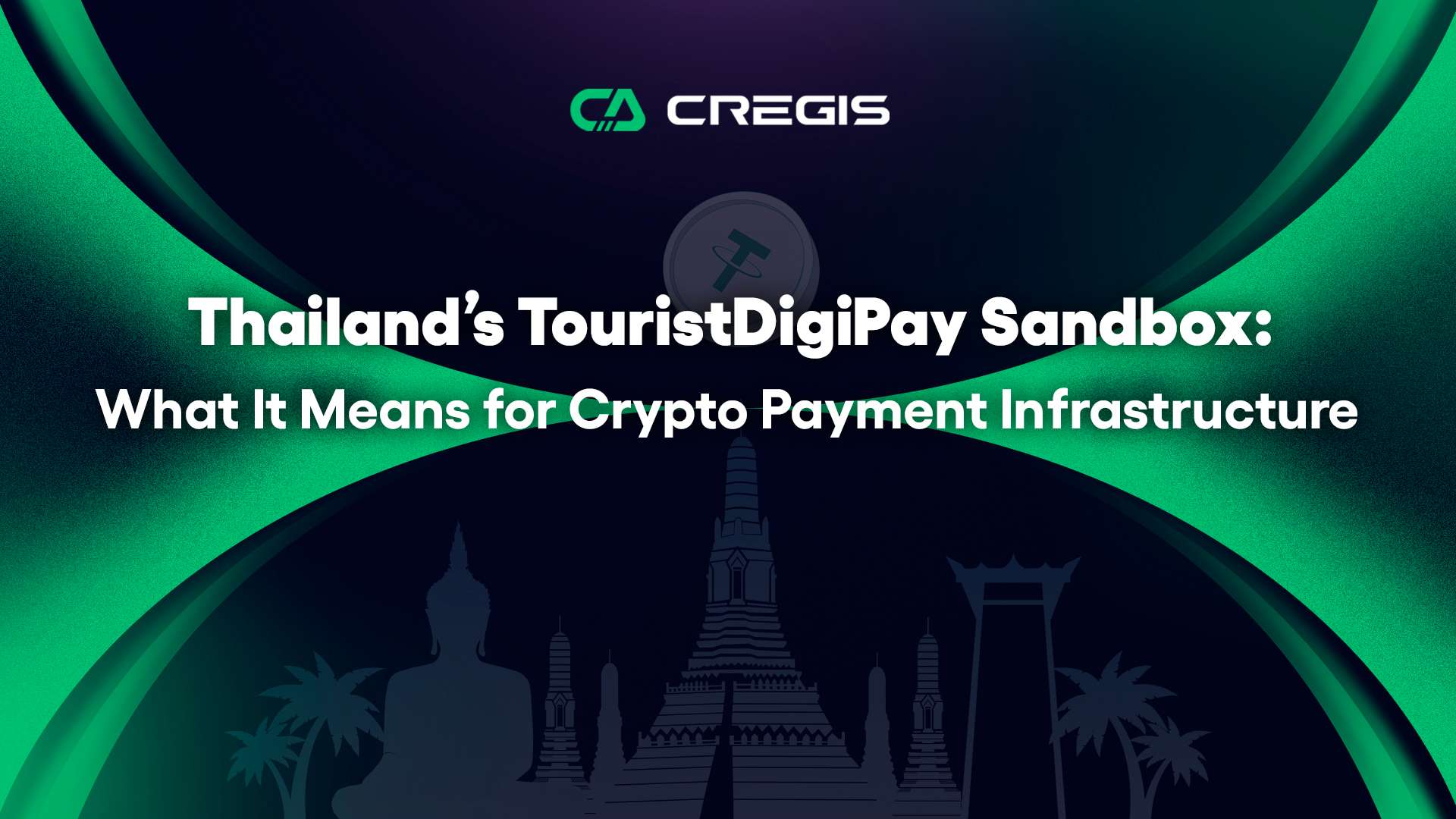Thailand’s Ministry of Finance recently announced the launch of the TouristDigiPay Sandbox, an 18-month initiative that allows foreign tourists to convert cryptocurrencies into Thai baht for local spending. The project, aimed at boosting tourist expenditure by 10%, could add over 175 billion baht to the economy if successful.
But while the spotlight is on tourism, the bigger story is about the critical role of compliance-ready crypto payment infrastructure. For governments, enterprises, and financial platforms, building sustainable systems for digital asset payments means balancing innovation with security, compliance, and user trust.
What Is the TouristDigiPay Sandbox?
The TouristDigiPay Sandbox is designed to simplify how foreign visitors use crypto during their stay in Thailand:
- Tourists can convert crypto into baht through SEC-regulated digital asset operators.
- The converted funds are stored in e-wallets overseen by the Bank of Thailand.
- Merchants receive payments in baht, maintaining a familiar transaction flow.
- Spending limits and merchant verification ensure responsible participation.
Importantly, this is not a direct crypto-to-merchant payment system—all transactions are settled in baht, with strict anti-money laundering (AML) and compliance measures in place.
The Bigger Picture: Compliance Is the Foundation of Crypto Payments
Thailand’s initiative highlights a broader truth: crypto payments can only scale sustainably when compliance is prioritized. This is why the TouristDigiPay project is framed as a sandbox—testing not just the technical rails but also the regulatory guardrails.
Key compliance components include:
- Know Your Customer (KYC) & Know Your Merchant (KYM): Both tourists and merchants undergo identity verification.
- Customer Due Diligence (CDD): Enhanced checks prevent illicit activities.
- Blacklist Screening: Wallets are screened to block high-risk addresses.
- AML Integration: Alignment with Thailand’s Anti-Money Laundering Office (AMLO) ensures regulatory oversight.
These measures are not optional add-ons—they are the backbone of digital asset payment infrastructure.
Why Businesses Should Pay Attention
While TouristDigiPay is government-led, businesses in travel, retail, fintech, and global commerce face the same challenge: how to integrate crypto payments without increasing compliance risk.
Tourists, consumers, and enterprises alike want the benefits of crypto—speed, borderless transactions, and flexibility—but regulators demand accountability. Without compliance, adoption stalls. With compliance, crypto payments gain legitimacy and scalability.
Where Cregis Fits In
At Cregis, we understand that the future of payments depends on secure, compliant, and enterprise-grade infrastructure. Our Crypto Payment Engine is built with compliance at its core:
- Integrated KYC/AML screening to meet global regulatory standards.
- Flexible settlement options, including stablecoins and local currency off-ramps.
- Merchant onboarding with KYM and risk management controls.
- Scalable architecture to support both government projects and enterprise adoption.
Whether it’s a government sandbox like Thailand’s or a private-sector rollout across Southeast Asia, the principle remains the same: crypto payments only succeed when compliance and trust come first.
Conclusion
Thailand’s TouristDigiPay Sandbox is more than just a tourism initiative—it’s a real-world example of how compliance will shape the future of crypto payments. By embedding AML, KYC, and regulatory oversight into its design, the project sets a precedent for how countries and businesses alike can responsibly integrate digital assets into the economy.
For enterprises, this signals a clear direction: crypto payment adoption must be built on compliance-ready infrastructure. With solutions like Cregis, businesses can meet regulatory requirements, protect users, and capture new opportunities in the evolving digital economy.
About Cregis
Founded in 2017, Cregis is a global leader in enterprise-grade digital asset infrastructure, providing secure, scalable and efficient management solutions for institutional clients.
Built to solve the challenges of fragmented blockchain systems and asset security risks, Cregis delivers MPC-based self-custody wallets, WaaS solutions, and Payment Engine, featuring collaborative asset control and a compliance-ready ecosystem.
To date, Cregis has served over 3,500 institutional clients globally. Our solutions empower exchanges, fintech platforms, and Web3 enterprises to adopt blockchain technology with confidence. Backed by years of proven expertise in blockchain and security, Cregis helps businesses accelerate their Web3 transformation and unlock global digital asset opportunities.

